Can We Play Garba During Periods? A Comprehensive Guide
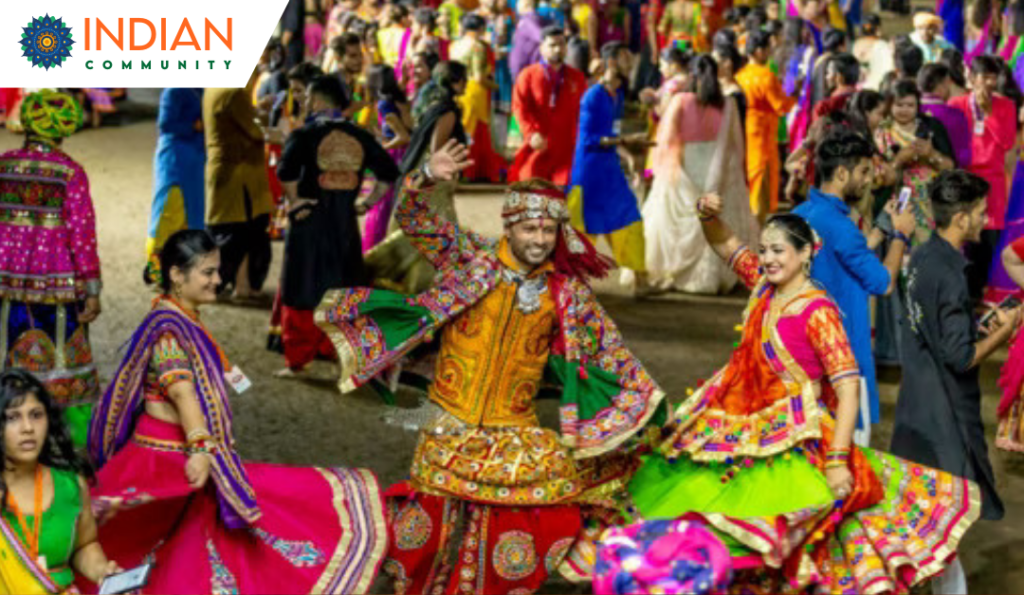
Garba, a traditional dance form performed during Navratri, is a vibrant and integral part of the festival celebrated with immense enthusiasm across India and among Indian communities globally. This dance is not only a form of celebration but also a way to honor Goddess Durga. However, a common question that arises among women is whether it is appropriate to participate in Garba while in their menstrual period. This blog will provide a detailed exploration of this question, considering cultural, health, and personal aspects.
Understanding Garba and Its Significance
Garba is a traditional dance from Gujarat that involves rhythmic movements performed in a circle. It is characterized by the use of dandiya sticks and lively music. The dance is performed to celebrate and honor Goddess Durga and is an essential aspect of Navratri festivities. The movements are energetic and involve a lot of footwork, making it a physically engaging activity.
Cultural and Traditional Perspectives
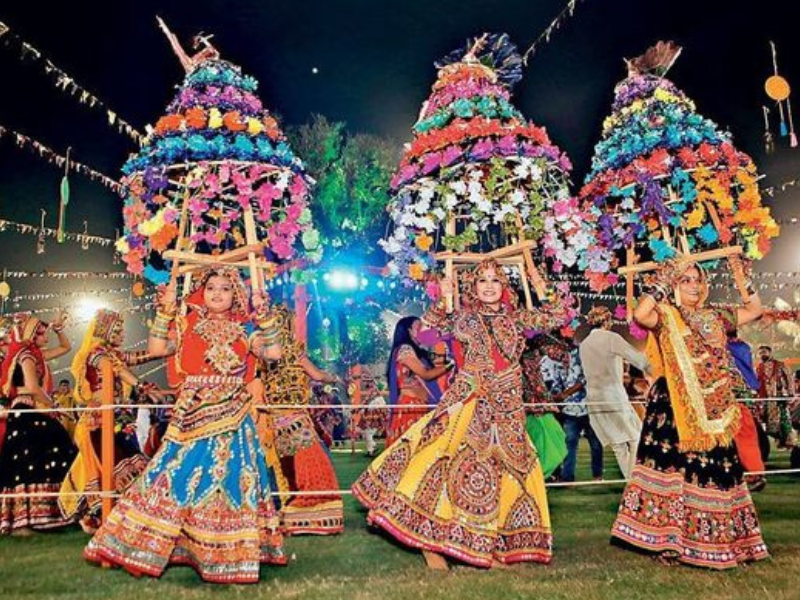
1. Traditional Views
In many traditional and conservative communities, there are beliefs and practices surrounding menstruation that may influence participation in religious and cultural activities. Historically, menstruation was often considered a period of ritual impurity, which might have led to restrictions on participating in certain activities. However, these practices can vary significantly across different regions and communities.
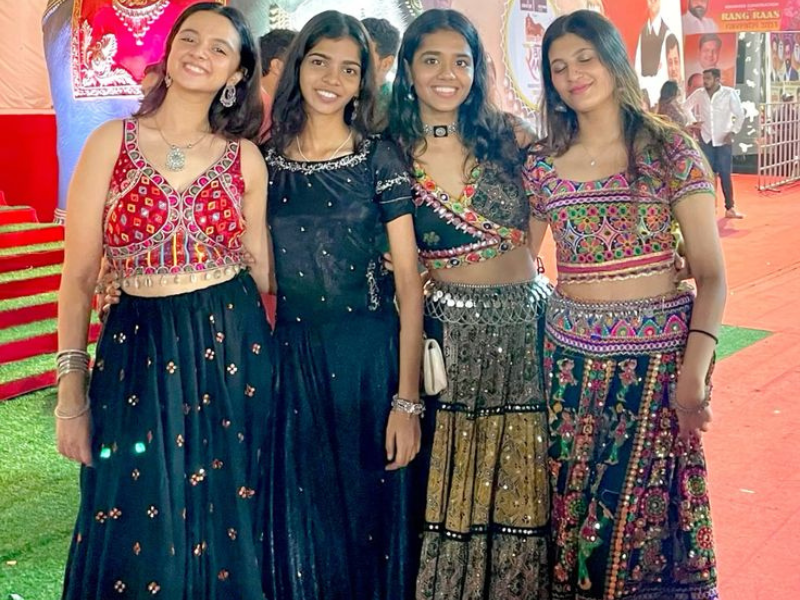
2. Evolving Practices
In contemporary times, many communities and individuals are moving towards a more inclusive approach, recognizing that menstruation is a natural biological process. As a result, the view on participating in Garba or other cultural activities during menstruation has evolved, and many people now embrace a more progressive stance, focusing on individual comfort and health rather than strict adherence to outdated norms.
Health Considerations
1. Physical Comfort
Menstruation can cause various physical symptoms such as cramps, bloating, and fatigue. Playing Garba involves considerable physical exertion, and participating while experiencing these symptoms might be uncomfortable or exacerbating. It’s essential to listen to your body and consider whether you feel physically up to the activity.
2. Hygiene and Health
Maintaining proper hygiene during menstruation is crucial, especially when engaging in physical activities. Using appropriate menstrual products such as tampons or menstrual cups can help manage menstrual flow effectively while participating in Garba. Ensure that you carry any necessary supplies and have access to facilities for changing if needed.
3. Personal Well-Being
Personal comfort and well-being should be a priority. If you feel that participating in Garba might cause you discomfort or if you prefer to rest during your period, it’s perfectly acceptable to choose not to participate. Your comfort and health should always come first.
Modern Approaches and Personal Choice
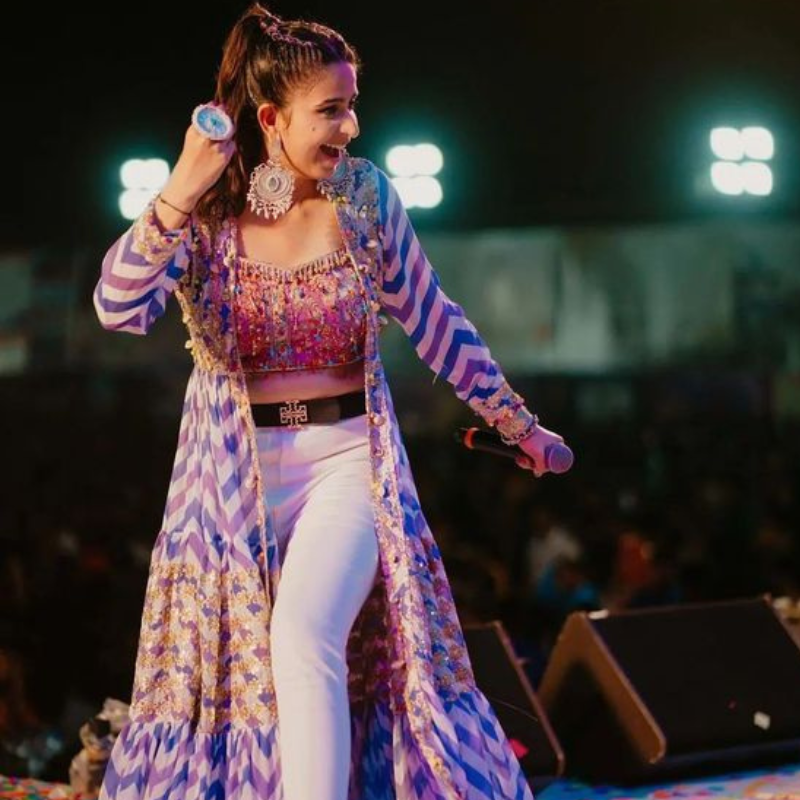
1. Individual Comfort
The decision to participate in Garba during menstruation is ultimately a personal one. Many women choose to participate based on their comfort level and physical well-being. If you feel comfortable and enjoy the dance, there is generally no reason to avoid it solely based on menstrual status.
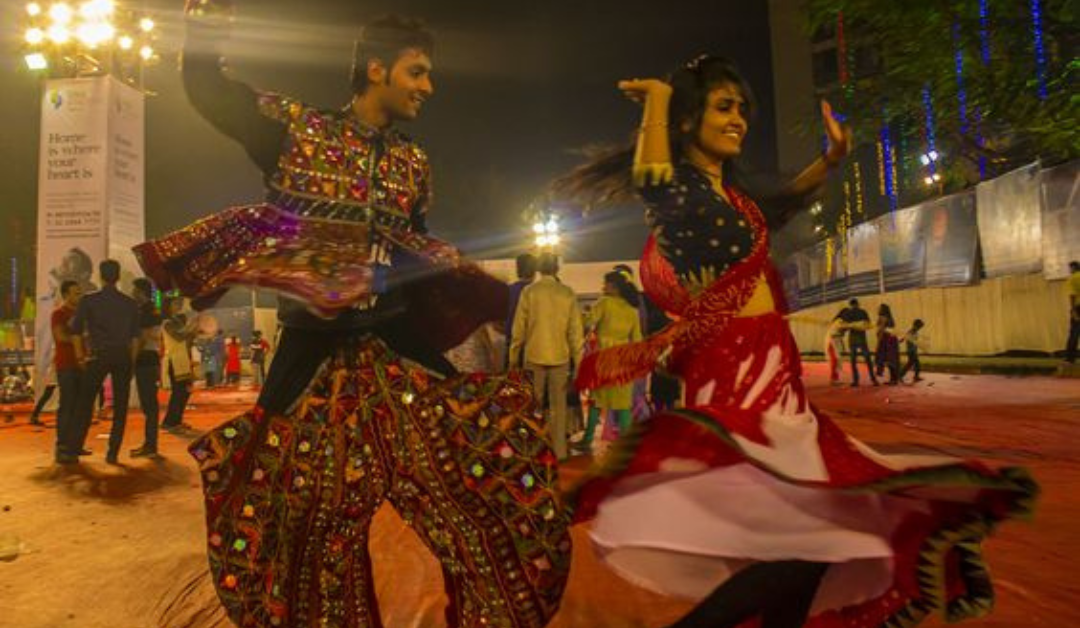
2. Inclusive Practices
Many modern Garba events and celebrations are becoming more inclusive, with organizers and communities embracing a more understanding approach towards menstruation. This shift reflects a growing awareness and sensitivity to women’s health and well-being.
Tips for Participating in Garba During Menstruation
- Choose Comfortable Clothing: Wear comfortable and breathable clothing that allows you to move freely. Traditional Garba attire like chaniya choli can be modified for comfort if needed.
- Use Appropriate Menstrual Products: Opt for menstrual products that are comfortable and effective for physical activities, such as tampons or menstrual cups.
- Stay Hydrated and Rested: Drink plenty of water and ensure you are well-rested before participating. Avoid overexerting yourself and take breaks if needed.
- Carry Essentials: Keep a small bag with extra menstrual supplies, pain relief medication if needed, and any other essentials.
- Listen to Your Body: Pay attention to how your body feels and do not hesitate to take a break or sit out if you feel uncomfortable.
The question of whether to participate in Garba during menstruation involves considering cultural traditions, personal comfort, and health factors. While traditional views might have once imposed restrictions, modern practices increasingly support a more inclusive approach. Ultimately, the decision should be guided by personal comfort and health needs.
Garba, as a vibrant and joyful dance, can be enjoyed by anyone who feels up to it, regardless of their menstrual status. Embracing a balanced view that respects both cultural practices and individual well-being can help ensure that everyone has the opportunity to participate in and enjoy the festival of Navratri in a manner that feels right for them.


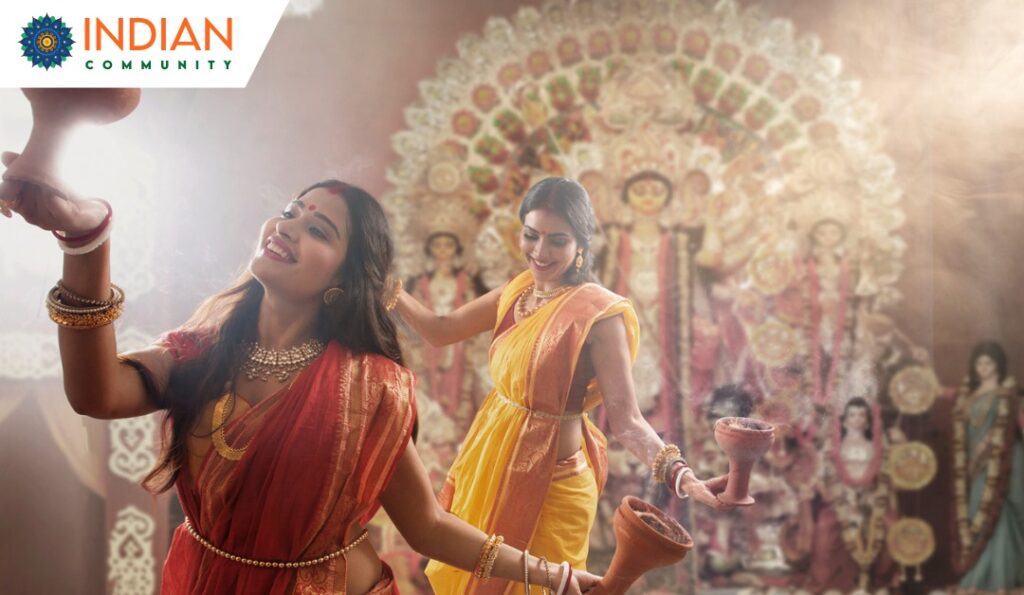
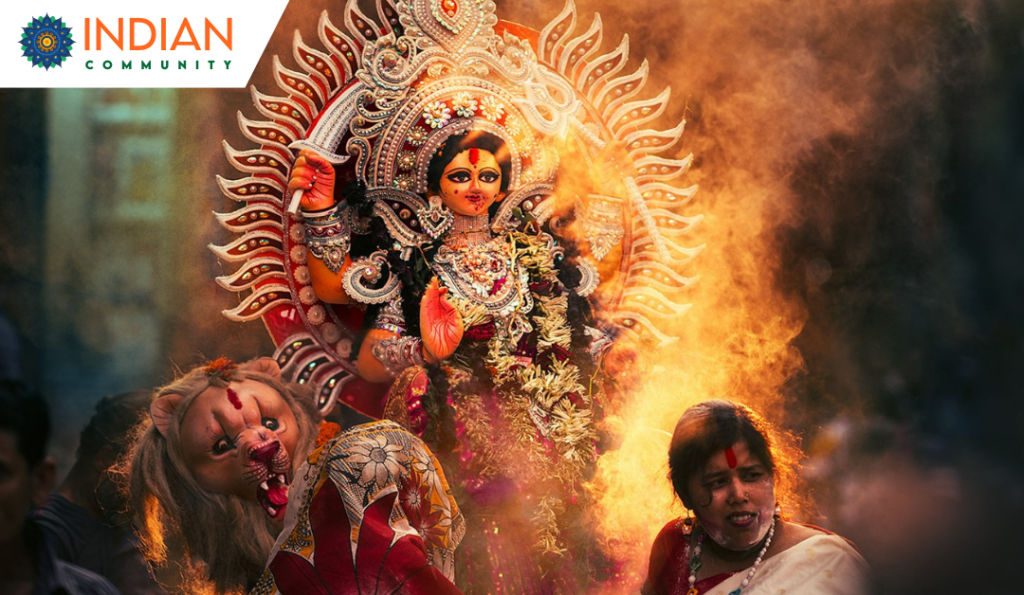


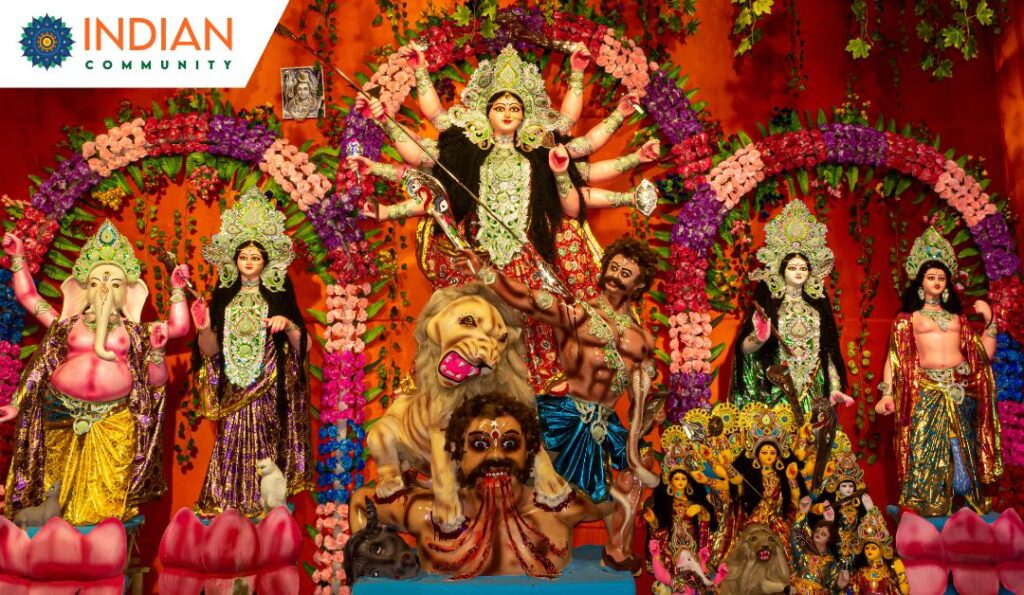

Responses